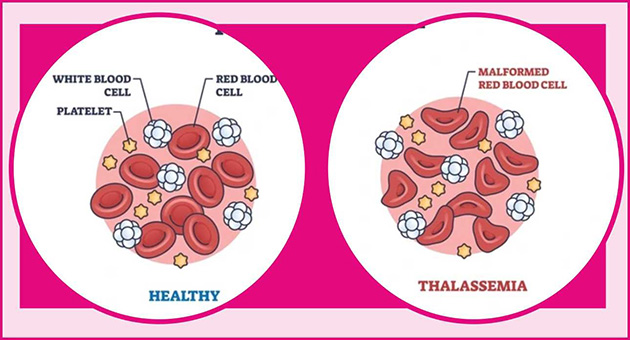About the Course
Transfusion therapy is a cornerstone in the management of thalassemia, particularly for patients with thalassemia major. Regular blood transfusions are necessary to maintain adequate hemoglobin levels, as these patients cannot produce sufficient functional hemoglobin on their own due to defective hemoglobin synthesis. Transfusions help prevent severe anemia and associated complications, such as organ damage. However, long-term transfusion therapy carries the risk of iron overload, as excess iron from transfused blood accumulates in tissues, leading to potential damage to the heart, liver, and endocrine organs. Chelation therapy is often employed to manage iron overload. Transfusion frequency typically varies based on the severity of the disease and the patient's clinical needs.-
Lesson- Transfusion therapy of Thalassemia Patient
Video
-
Assessment
Assessment
-
Discussion Forum
Discussion Forum
-
Feedback
Feedback
There are no reviews for this course yet.




